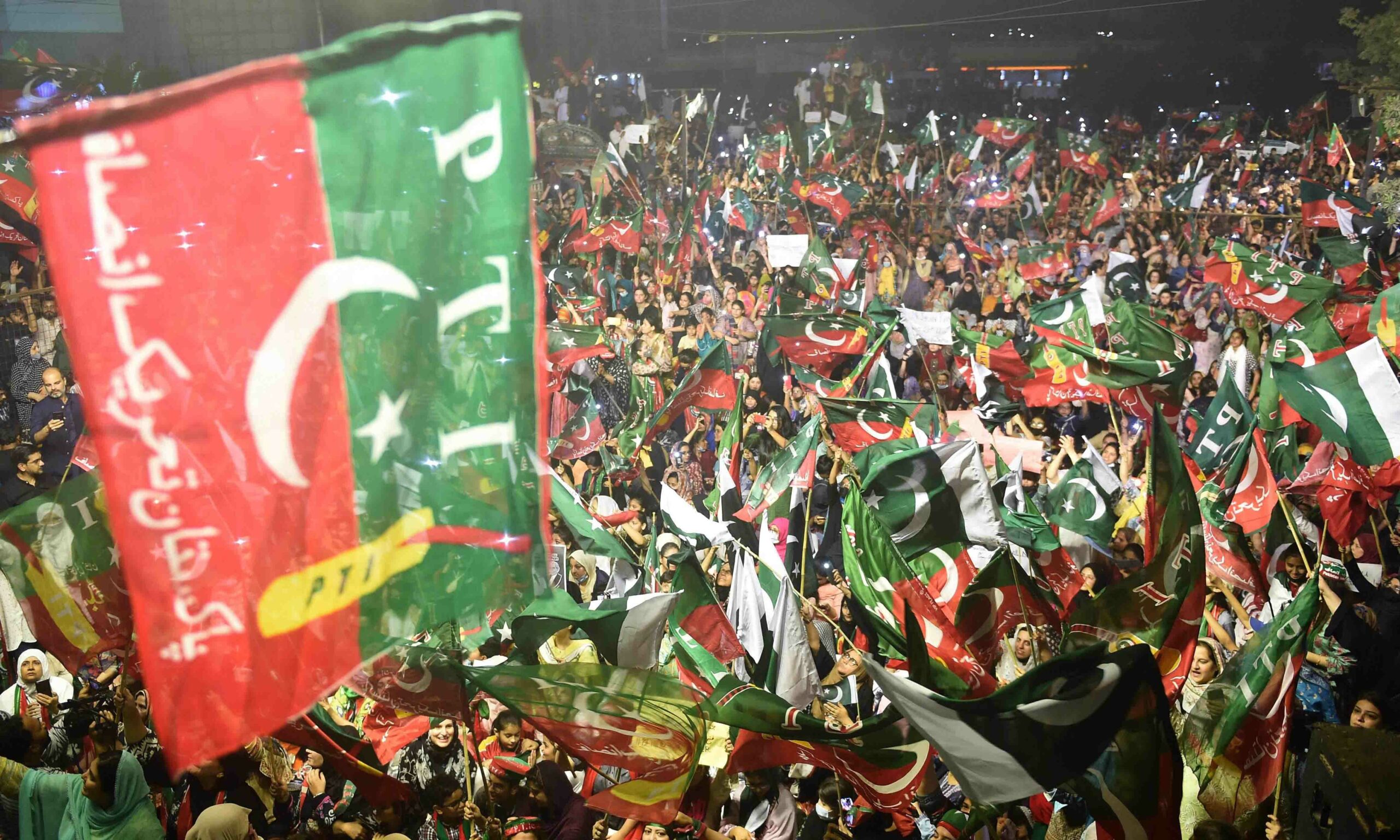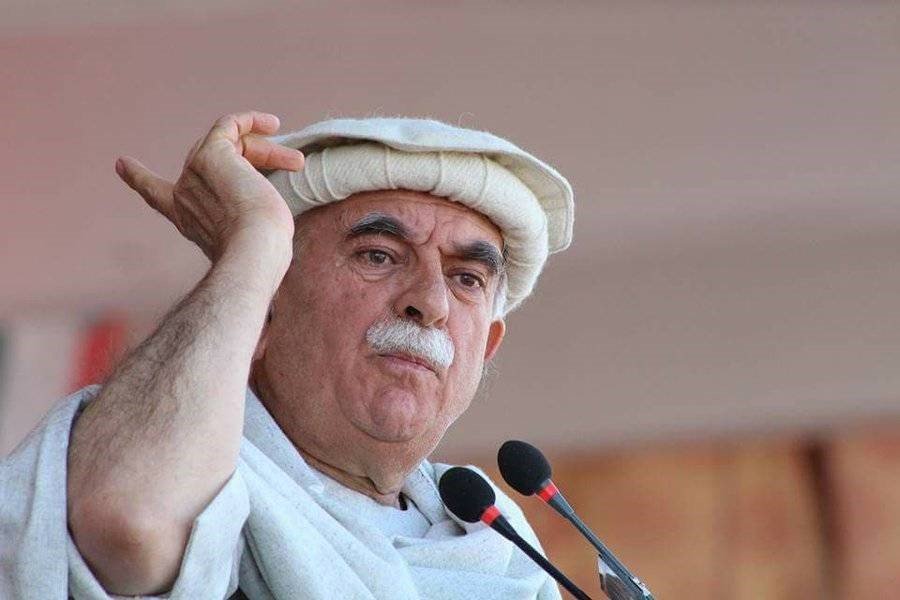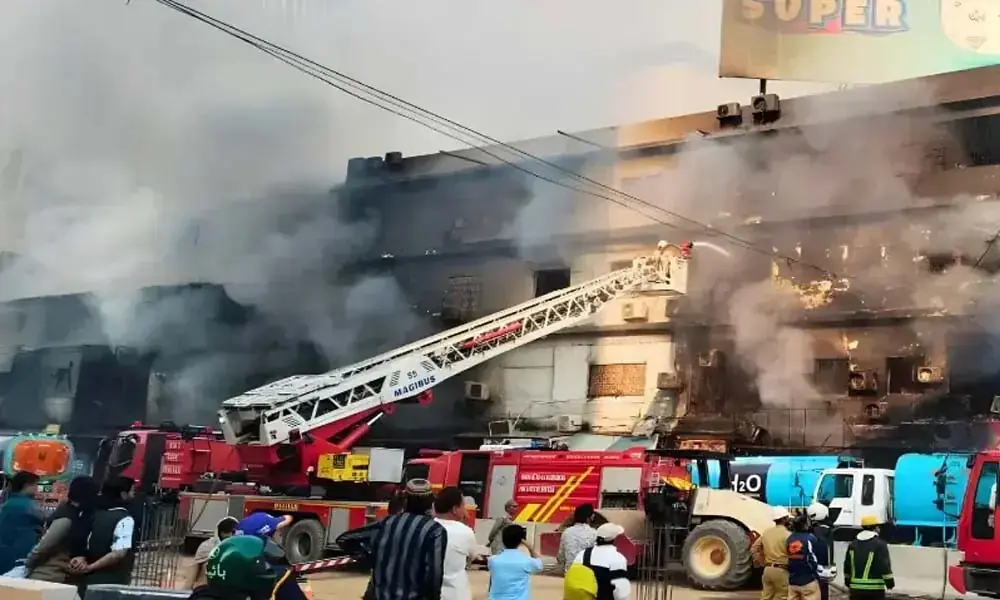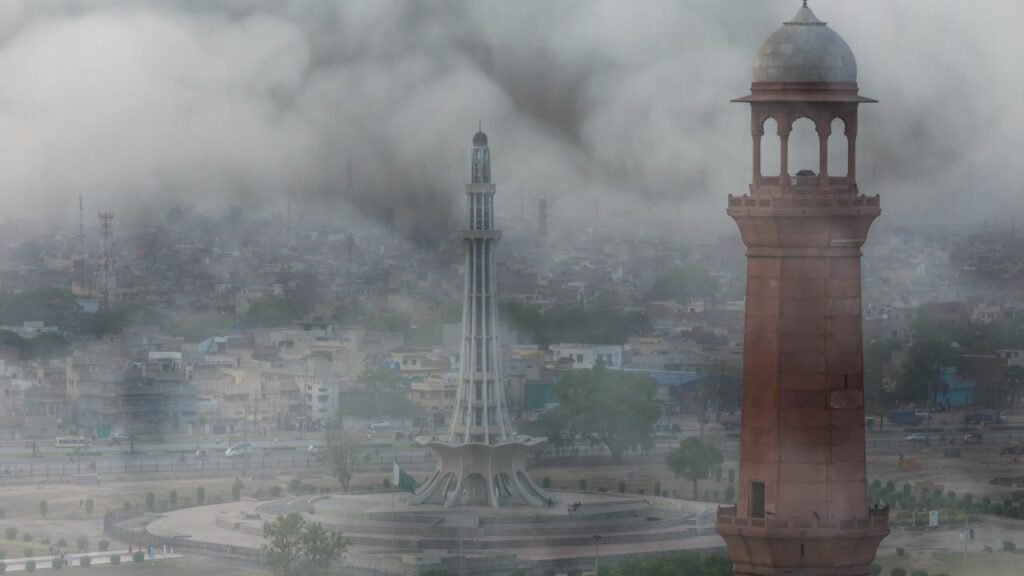Ahmed Yousafzai
The Pakistan Tehreek-e-Insaf (PTI) party is embroiled in growing internal conflicts, with a new wave of scrutiny directed at former Khyber Pakhtunkhwa (KP) finance and health minister Taimur Saleem Jhagra. The PTI’s Internal Accountability Committee (IAC) has launched a comprehensive investigation into Jhagra’s tenure, accusing him of financial mismanagement, governance failures, and corruption. The charges encompass significant allegations of fiscal misconduct, irregularities in hiring practices, and controversial policy decisions that allegedly led to substantial financial losses for the provincial government.
Jhagra, however, has vehemently rejected these accusations, labeling the inquiry as politically motivated, baseless, and an attempt to tarnish his reputation. He maintains that the committee’s investigation has failed to provide any concrete evidence of wrongdoing, instead resorting to vague allegations that he believes are part of a targeted campaign against him, especially following his appointment by PTI leader Imran Khan. The investigation, according to Jhagra, lacks substantial proof and is rooted in political rivalry, rather than any factual mismanagement.
The IAC’s report paints a concerning picture of financial mismanagement during Jhagra’s tenure as the finance minister of Khyber Pakhtunkhwa. One of the most alarming charges is the province’s repeated default on financial obligations under his leadership. According to the committee, Khyber Pakhtunkhwa defaulted several times on key financial commitments, which severely impacted the province’s governance and economic stability. The committee has demanded an explanation for the recurring defaults and the detrimental effects they had on the provincial government’s operations.
Another serious accusation involves the withdrawal of Rs36 billion from the Pension and Gratuity Account, which, according to the report, was never recovered. The funds were allegedly transferred without due scrutiny from the provincial Finance Department, despite Jhagra’s position as the head of the department. The committee raised questions about whether these actions constituted a conflict of interest and whether Jhagra exercised the necessary diligence in managing public finances.
The report also highlights accusations of irregular recruitment practices under Jhagra’s watch, specifically alleging that a large number of employees, including Jhagra’s relatives, were appointed to key positions. The committee claims that these hires were made without following proper procedures and were designed to benefit certain individuals personally. Furthermore, many of these employees reportedly resigned soon after securing long-term employment benefits, fueling concerns that the hiring process was manipulated for personal gain.
The IAC’s investigation raises a broader question about the fiscal health of Khyber Pakhtunkhwa under Jhagra’s leadership, noting that the province remained deeply in debt throughout his tenure. The committee has questioned what measures, if any, were taken to address the growing financial liabilities. It is also critical of the lack of effective strategies to improve the province’s financial situation, despite the mounting challenges.
As the former health minister of Khyber Pakhtunkhwa, Jhagra is also under fire for allegations of corruption and mismanagement in several key health initiatives. One of the major projects scrutinized is the Sehat Card Program, which aimed to provide free healthcare services to the people of KP. According to the committee’s findings, several hospitals were removed from the program due to their failure to meet minimum quality standards. However, Jhagra has failed to provide a satisfactory explanation for these exclusions, which has raised suspicions about the management and implementation of the program.
The financial discrepancies within the Sehat Card Program have also come under the microscope. The committee points out that Rs3.2 billion was spent on Sehat Card services, despite the operational costs being reduced to Rs2.25 billion. The committee has demanded an explanation for this increased expenditure, which seems inconsistent with the actual operational requirements of the program.
Moreover, Jhagra is accused of inflating the costs of medical equipment, including the procurement of body scanner machines. The committee alleges that these machines were purchased at significantly higher prices than the market rate, leading to a waste of public funds. The National Accountability Bureau (NAB) is reportedly investigating the procurement process, but no formal conclusions have been reached yet. To make matters worse, the scanners were never put into use, raising further questions about the overall effectiveness and accountability of the procurement process.
Additionally, the report accuses Jhagra of gross inefficiencies in the distribution of COVID-19 relief materials, including essential medical supplies. It claims that some of the UN-donated contraceptives were left to expire at Karachi instead of being distributed to those in need. The committee has called for an explanation on how these materials were wasted and why they were not utilized for public health purposes.
In response to the allegations, Taimur Saleem Jhagra has vigorously defended his record, rejecting the accusations of financial mismanagement and corruption. He argues that all major financial decisions were made collectively at the cabinet level, meaning that no unilateral actions were taken by him alone. On the issue of Khyber Pakhtunkhwa’s financial difficulties, Jhagra attributes the province’s fiscal crisis to delays in federal funding, rather than any failures on the provincial government’s part. He maintains that the financial challenges faced by the province were beyond the control of his ministry and were exacerbated by issues at the federal level.
Pl subscribe to the YouTube channel of republicpolicy.com for quality podcasts:
Regarding the allegations of nepotism and irregular hiring, Jhagra challenges the committee to provide concrete evidence of unlawful recruitment practices. He insists that all hiring decisions were made in accordance with the due process and that no favoritism was shown. On the procurement of medical equipment, including the controversial body scanners, Jhagra argues that price fluctuations during the COVID-19 pandemic were responsible for any apparent increases in costs. He also defends the Sehat Card Program, describing it as one of the most successful healthcare initiatives in Khyber Pakhtunkhwa’s history, despite the challenges faced by some hospitals.
Jhagra also addressed the accusations about COVID-19 relief material wastage, explaining that delays in distribution were due to administrative inefficiencies rather than intentional mismanagement. He maintains that the provincial government made efforts to ensure that these materials reached the public, but bureaucratic challenges hindered timely delivery.
As the PTI Internal Accountability Committee continues its investigation into Taimur Saleem Jhagra, the party finds itself at a critical juncture. The accusations against one of its prominent members have raised serious questions about governance, financial accountability, and the management of public resources within the Khyber Pakhtunkhwa government. While Jhagra staunchly defends his actions, the ongoing scrutiny could further deepen the divisions within PTI, especially as the party prepares for future electoral battles.
The outcome of the investigation will likely have significant implications for the party’s reputation and its future direction. Whether Jhagra’s defense holds up against the committee’s findings, or whether new revelations emerge, PTI’s internal conflicts may continue to escalate, further complicating the party’s efforts to maintain unity and governance credibility.
Apart from internal strife within PTI, Taimur Saleem Jhagra enjoys a good reputation among governance circles and PTI cohorts.















